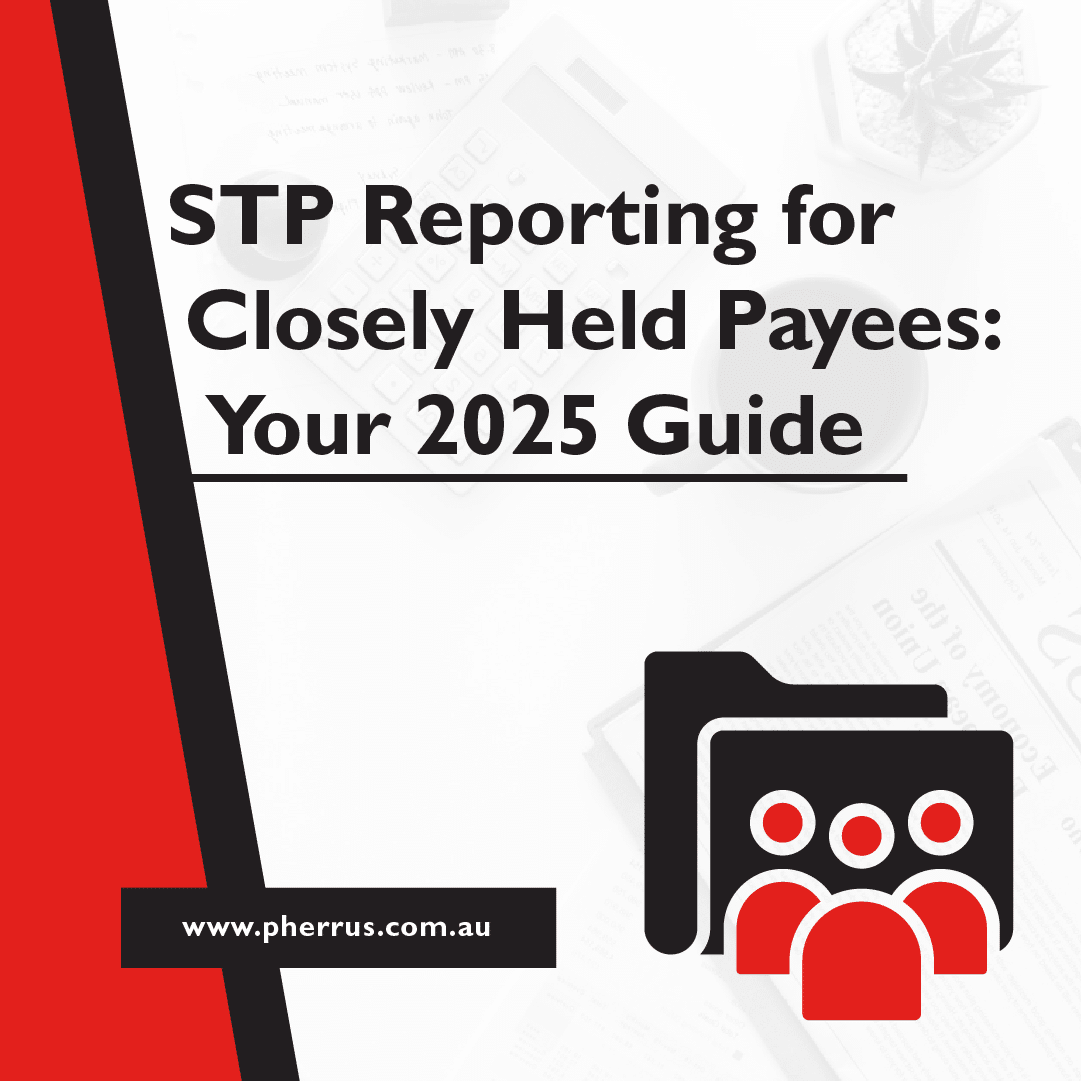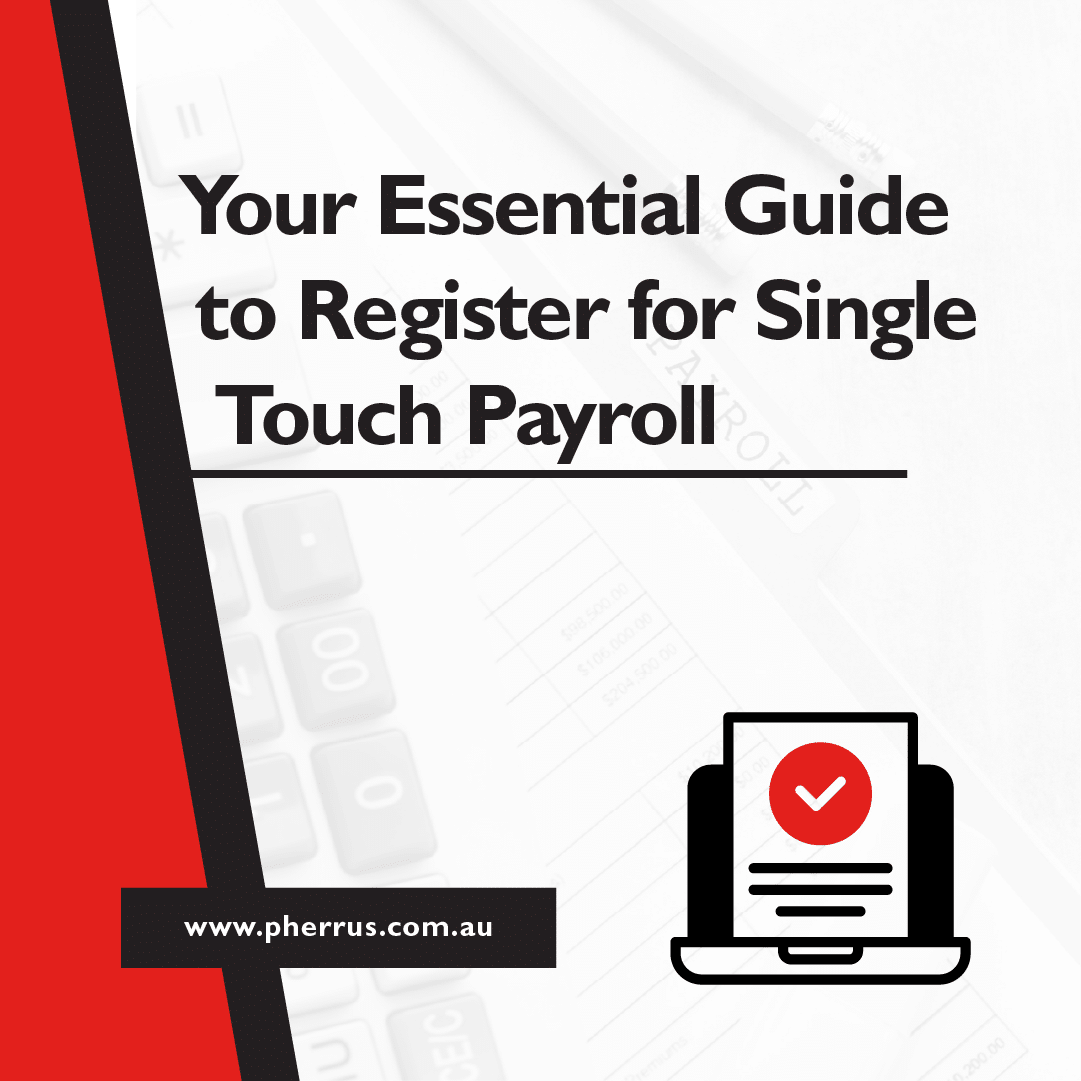The Australian tax code can be confusing, especially for new or small to medium businesses. If you take some time to learn the basics, though, you can make tax deductions work for you regardless of the size of your business or how many expenses you have. Take a read through these tips to see what might help you spend less on your business taxes this year.
Tip #1: Always Keep Organised Records
Written records of expenses are the top tool you have in your tax deduction arsenal. If you have accurate, detailed records of every transaction, you will be able to prove any deduction you take if there is ever a question. If your records are missing or incomplete, it is as if the expense was never paid, as you cannot prove that it was.
Get a log book. Each time you spend money on your business, record exactly how much and what it was for. You should also scan copies of receipts and invoices to save digitally and use a separate bank account for your business expenses, so you can easily prove that something is a business expense and not a personal one.
Tip #2: Claim Every Business Expense You Can.
Don’t overlook what is often perceived as small expenses when claiming your deductions. For example, small purchases such as packets of stationary can be apportioned in your tax return if you use them for business purposes. One of the most overlooked tax deductions is your mobile or smartphone device. You can apportion the purchase price in your tax return if you buy a new mobile or smartphone any time during the tax year, and you are allowed to deduct each month’s bill as well.
Tip #3: Claim Uniforms and Other Miscellaneous Work Expenses
Uniforms have become an infamous tax deduction, thanks to a politician who recently claimed his suit and tie. Even if your uniform doesn’t have a logo, if you have to purchase specific clothing items for work that are not used in your non-working life, consider claiming a work related expense. These type of claims are legitimate and are often not considered by Small to Medium Business owners when claiming business related expenses.
If you keep these tips in mind, you can easily deduct expenses for your business and save yourself a lot of money at tax time.
These are the thoughts and opinions expressed by Kris Prasad.




